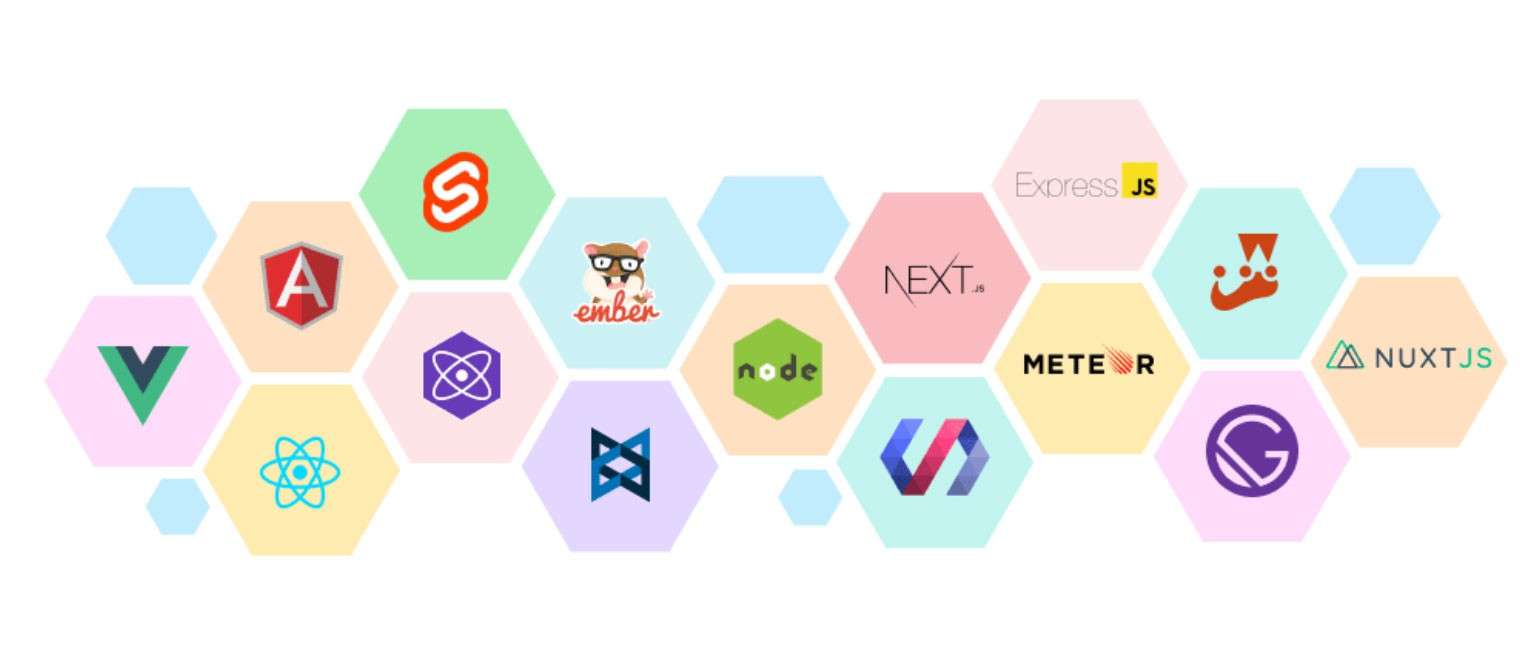IdeaGlory
JavaScript Frameworks Showdown: Choosing the Right Framework for Your Project
A Comprehensive Guide
A Comprehensive Guide

In the ever-evolving landscape of web development, choosing the right JavaScript framework is a critical decision that can significantly impact the success of your project. With an abundance of options available, each offering unique features and advantages, navigating the JavaScript frameworks landscape can be daunting. In this comprehensive guide, we'll explore the top JavaScript frameworks, compare their strengths and weaknesses, and provide insights to help you make an informed decision for your next project.
JavaScript frameworks are libraries or collections of pre-written code that provide developers with a structured approach to building web applications. These frameworks offer reusable components, simplified syntax, and enhanced functionality, enabling developers to streamline development and build robust, scalable applications more efficiently.
React
Developed by Facebook, React is a component-based library for building user interfaces.
Known for its virtual DOM and efficient rendering, React excels in creating dynamic and interactive UIs.
React's ecosystem includes tools like Redux for state management and Next.js for server-side rendering.
Ideal for building single-page applications (SPAs) and complex user interfaces.
Angular
Developed and maintained by Google, Angular is a full-fledged MVC framework for building large-scale web applications.
Angular provides features such as two-way data binding, dependency injection, and robust routing capabilities.
Angular's ecosystem includes Angular CLI for scaffolding projects, RxJS for reactive programming, and Angular Material for UI components.
Suitable for enterprise-level applications and projects requiring a comprehensive framework with built-in features.
Vue.js
Vue.js is a progressive JavaScript framework for building user interfaces, designed to be incrementally adoptable.
Vue offers a simple and intuitive syntax, making it easy to learn and use for developers of all skill levels.
Vue's ecosystem includes Vuex for state management, Vue Router for routing, and Vue CLI for project scaffolding.
Suitable for building both small-scale projects and large-scale applications, Vue.js strikes a balance between simplicity and flexibility.
Ultimately, the choice of JavaScript framework depends on the specific requirements, constraints, and preferences of your project. Consider conducting a proof of concept or prototyping with multiple frameworks to evaluate their suitability and performance before making a final decision.
Choosing the right JavaScript framework is a crucial decision that can impact the success and longevity of your project. By carefully evaluating factors such as project requirements, learning curve, community support, performance, and ecosystem, you can make an informed decision and select a framework that best aligns with your goals and objectives. Whether you choose React, Angular, Vue.js, or another framework entirely, remember that the framework is just a tool, and ultimately, the success of your project depends on the skills, expertise, and dedication of your development team.

Introduction: As the digital landscape continues to evolve, web developers are constantly seeking innovative…

In the ever-evolving landscape of web design, captivating user attention is crucial. One powerful tool…